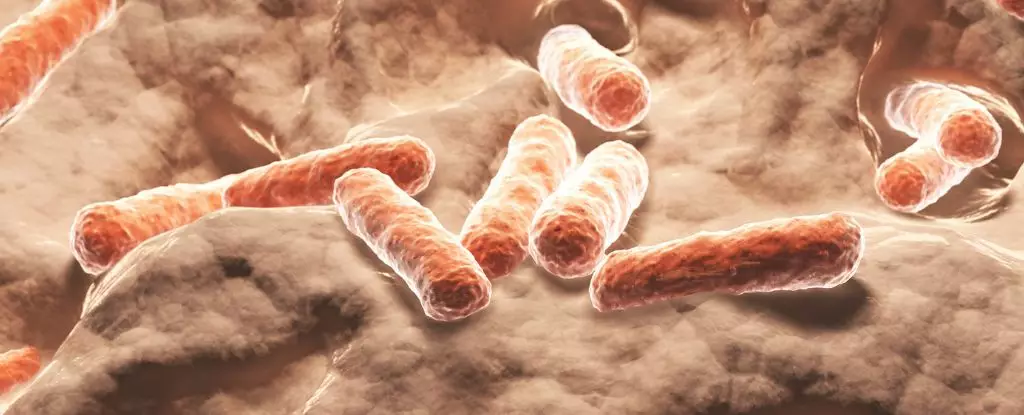Recent advancements in biomedical research indicate that there may be a natural way to manage blood sugar levels and the experience of sugar cravings, diverging from conventional drug therapies. Studies conducted by researchers from Jiangnan University in China have unveiled the potential role of gut microbiota and their metabolites in regulating these physiological challenges, akin to the effects produced by drugs such as Ozempic.
The relationship between gut health and overall metabolic function has been underscored by a growing body of research. The gut microbiome, comprised of trillions of microorganisms, plays a crucial role in how we digest foods and regulate hormones. Central to the findings of the Jiangnan University team is a particular gut microbe known as Bacteroides vulgatus. This microbe significantly impacts the production of glucagon-like peptide-1 (GLP-1), a hormone that is pivotal in the regulation of blood sugar levels and feelings of satiety.
GLP-1 is notably absent in effective quantities in individuals with type 2 diabetes, contributing to the struggles many face with maintaining stable blood glucose levels. Traditional therapies, particularly glucagon-like peptide-1 agonists like semaglutide, aim to mimic the action of this hormone in a bid to improve glycaemic control. However, the quest to find natural means of elevating GLP-1 production remains an area ripe for exploration.
The quest for elucidating how gut microbes affect dietary preferences is still underway, with scientists emphasizing the need to understand which specific microbial strains and their byproducts influence cravings for sugary substances. Current research suggests some genes and the gut environment are inextricably linked to an individual’s propensity for sugar, potentially laying a foundation for future dietary recommendations tailored to individual microbiomes.
When examining the mechanics behind this influence, the study identified a protein called Ffar4 that enables the gut to interact with B. vulgatus. A deficiency in this protein led to a reduction in the microbial population and subsequent downregulation of another hormone called FGF21, associated with regulating sugar cravings. This relationship between Ffar4, B. vulgatus, and FGF21 indicates a biological pathway through which gut health might modulate food preferences and cravings.
For individuals battling type 2 diabetes, the health implications of these findings could be transformative. In one crucial experiment, mice that were administered a metabolite derived from B.vulgatus exhibited increased GLP-1 secretion. Consequently, this boosted FGF21 levels, demonstrating a dual benefit of enhancing blood sugar control while simultaneously diminishing cravings for sweet foods.
Additionally, human studies draw intriguing connections. Research found that individuals with genetic markers linked to reduced FGF21 production were likelier to indulge in sugar-rich diets. This observation links genetic predisposition to dietary choices, particularly among those with metabolic conditions like diabetes.
The current research underscores the importance of understanding the gut microbiome as a potential target for metabolic health interventions. As the body of evidence grows surrounding the relationship between gut microbes and metabolic processes, exploring probiotics or even prebiotic diets aimed at enhancing specific gut flora could open new avenues for treatment.
While drugs like Ozempic remain instrumental in managing diabetes, the investigation into non-pharmaceutical methods showcases a promising horizon. A strategy focused on harnessing the body’s innate mechanisms can empower individuals to take control of their health more naturally.
The findings from Jiangnan University provide invaluable insight into the potential for gut microbes to influence blood sugar management. By continuing to unravel these intricate relationships, researchers may develop innovative, drug-free solutions to combat the burgeoning diabetes epidemic and improve the quality of life for millions.

